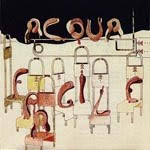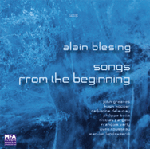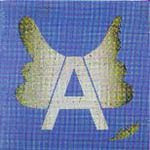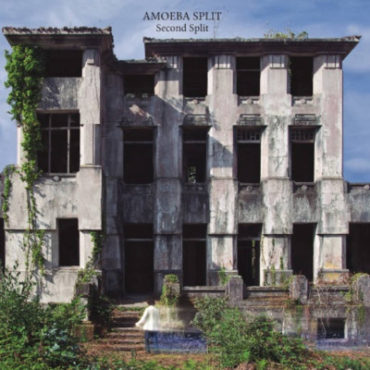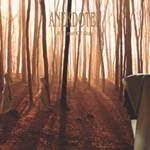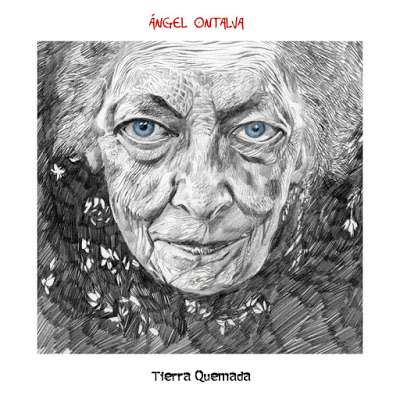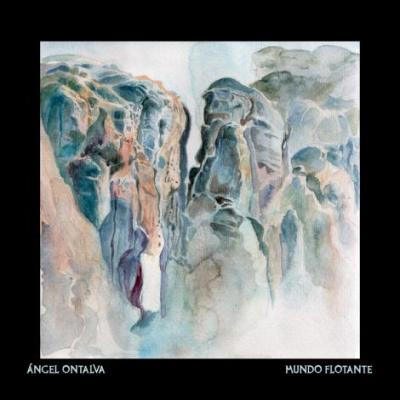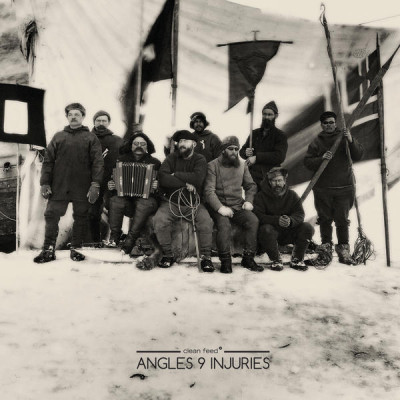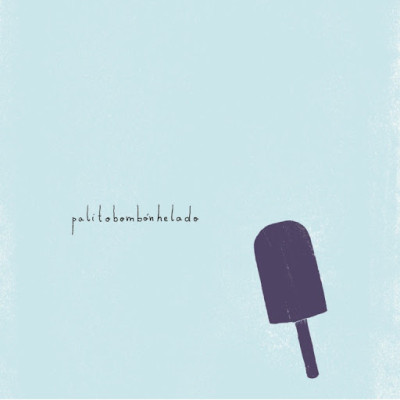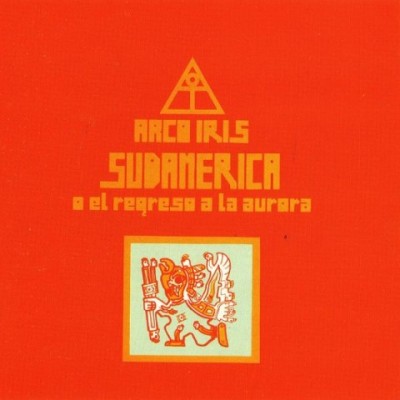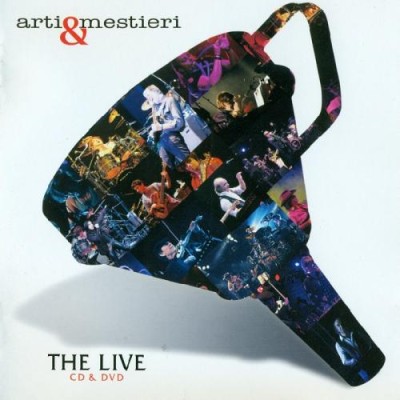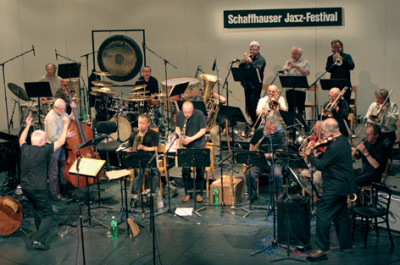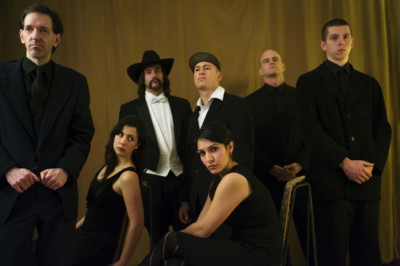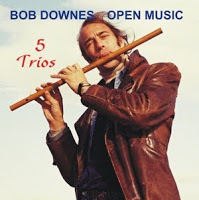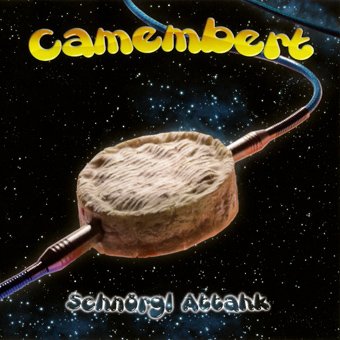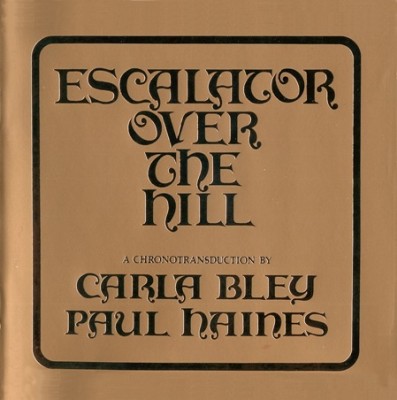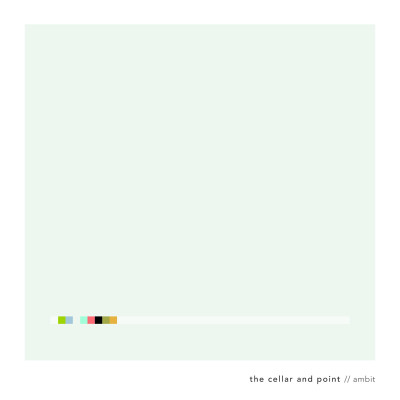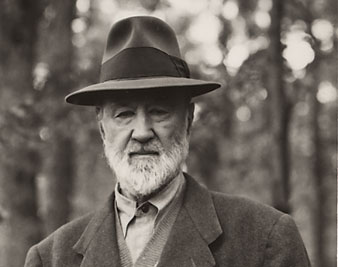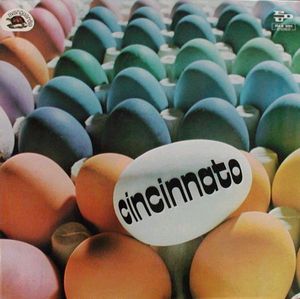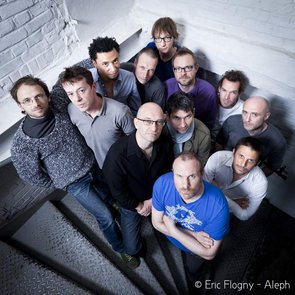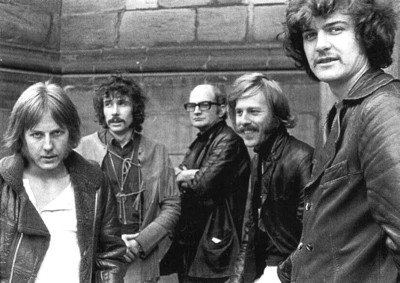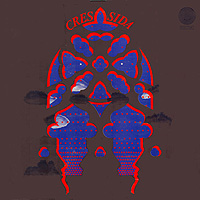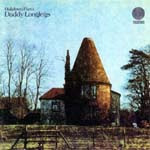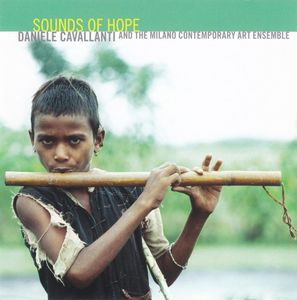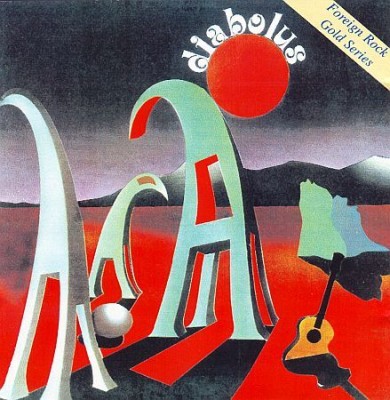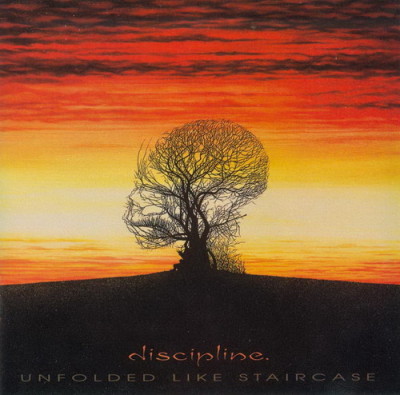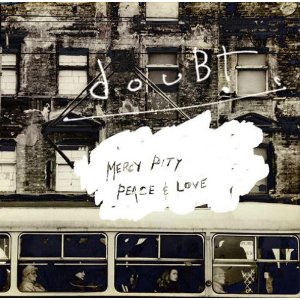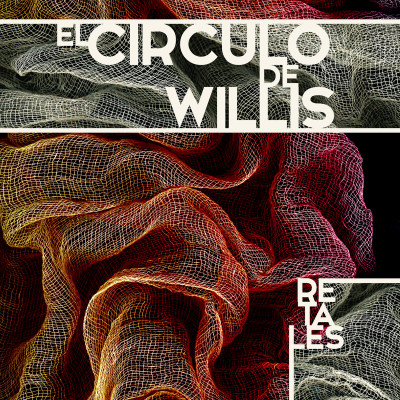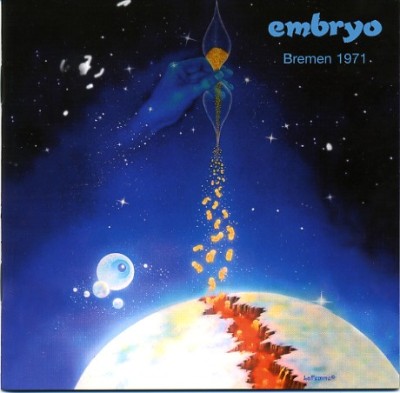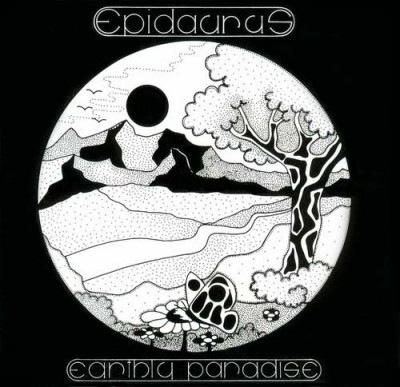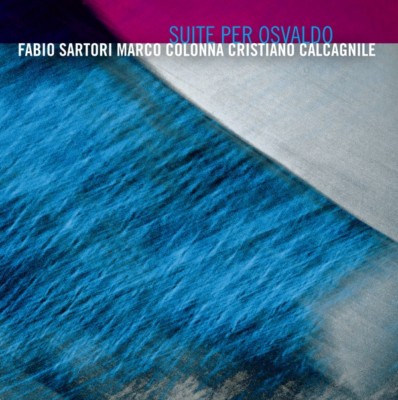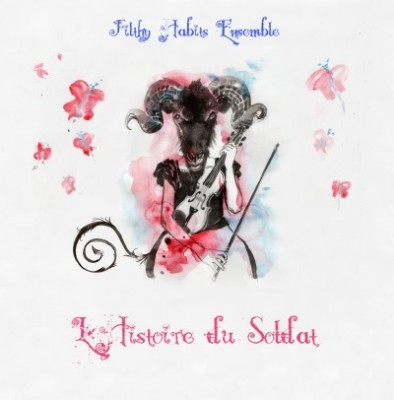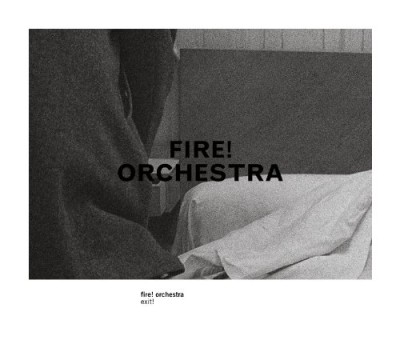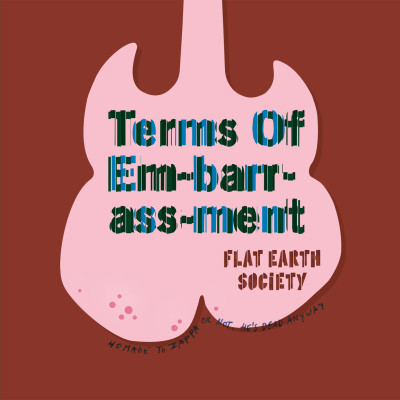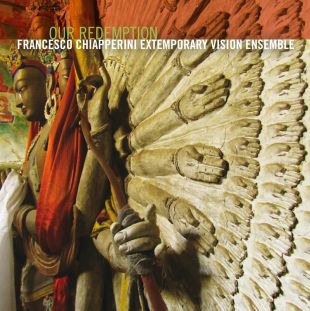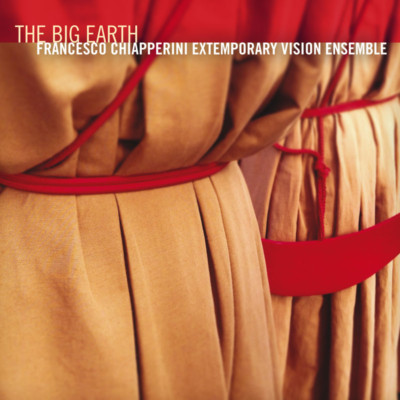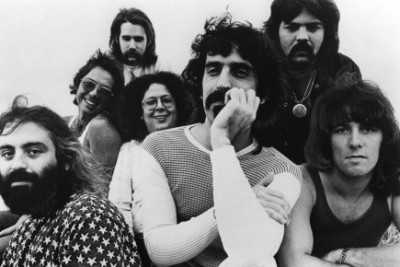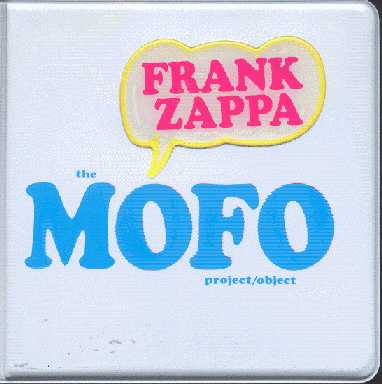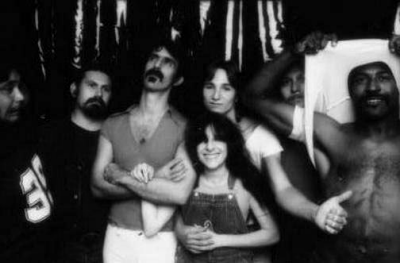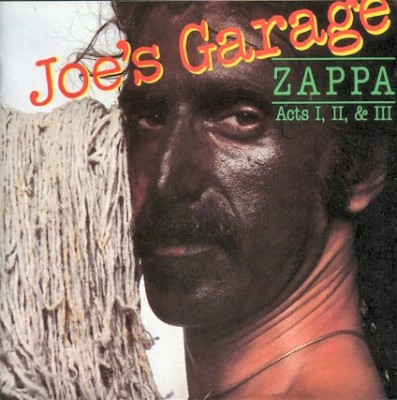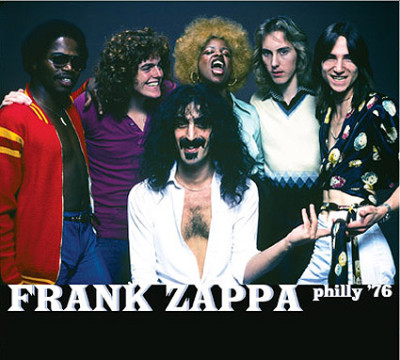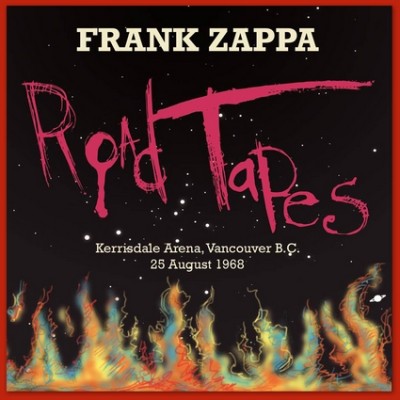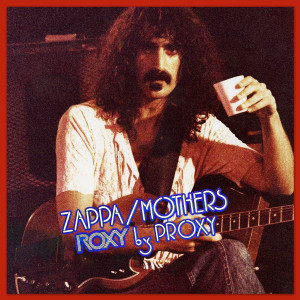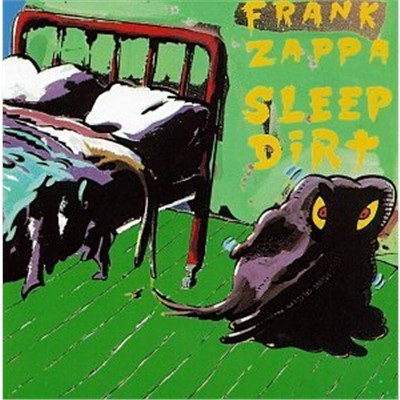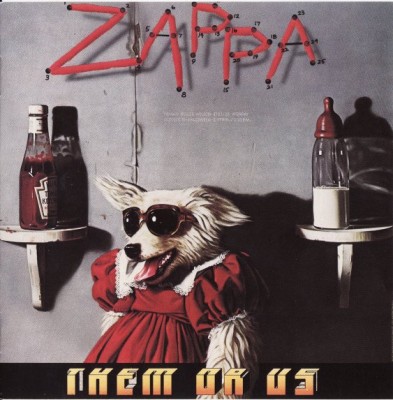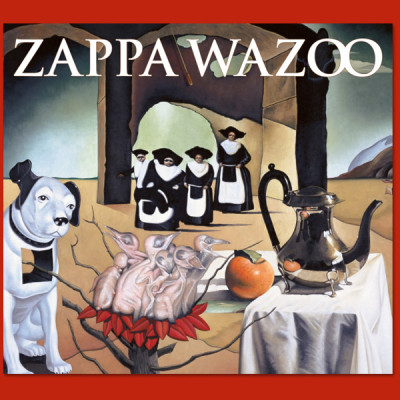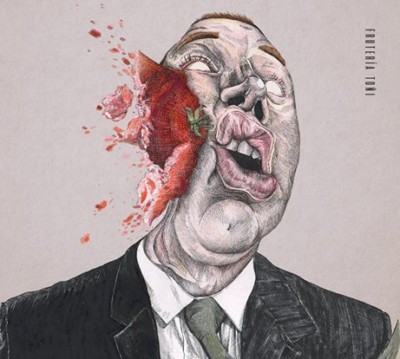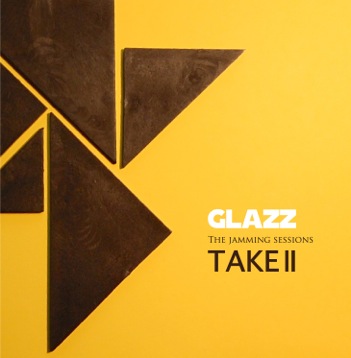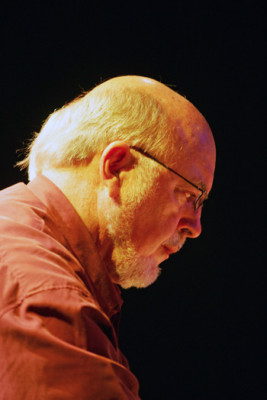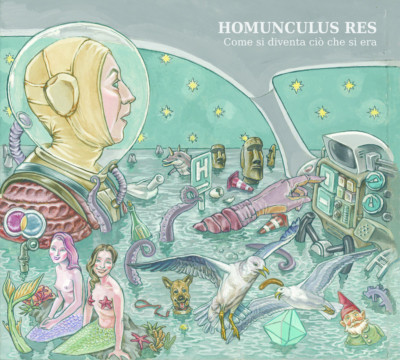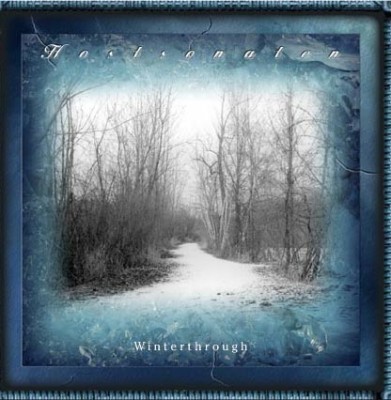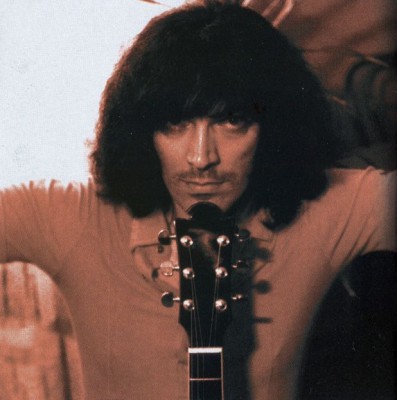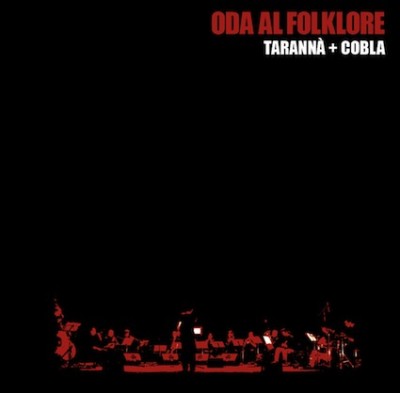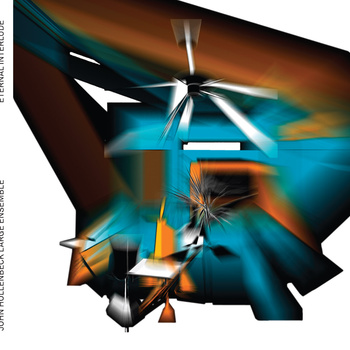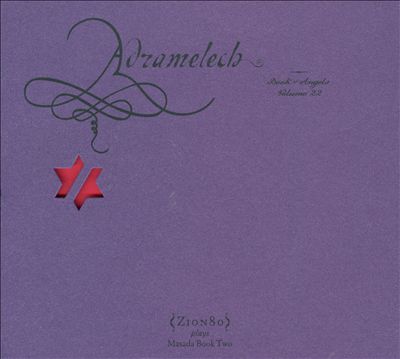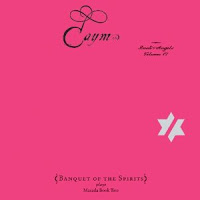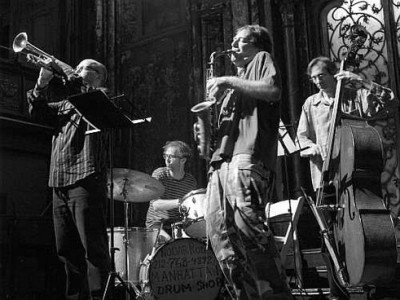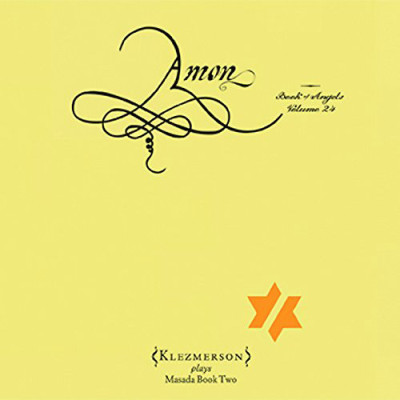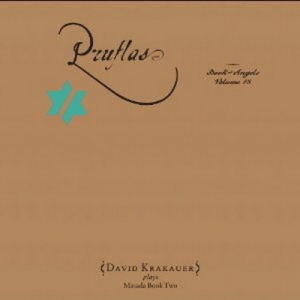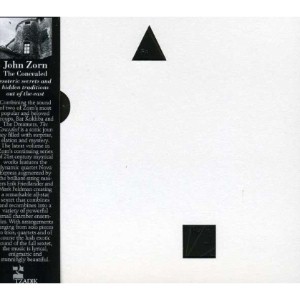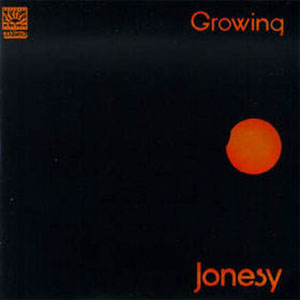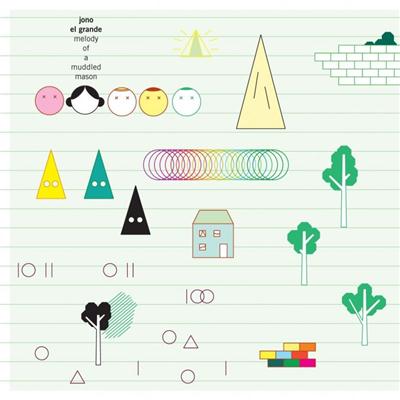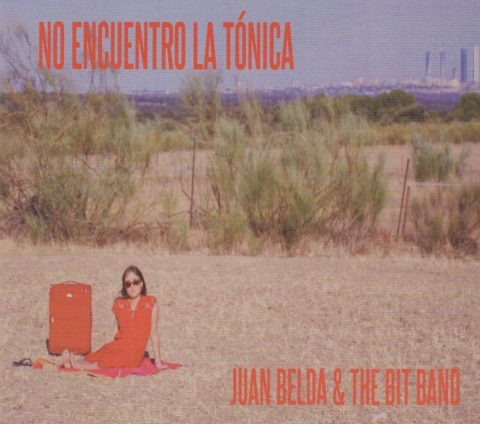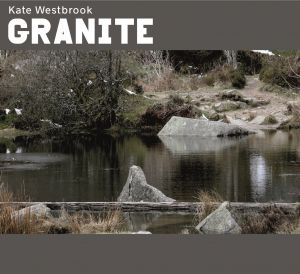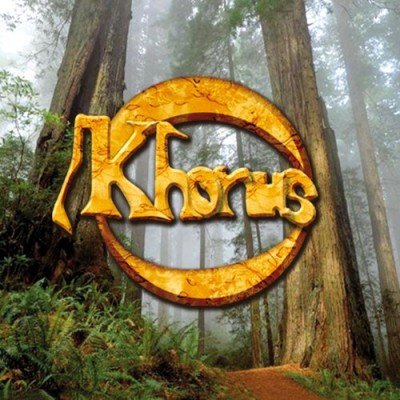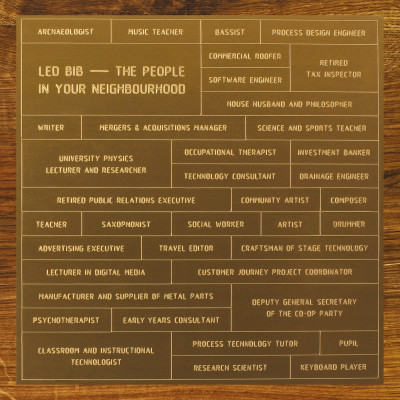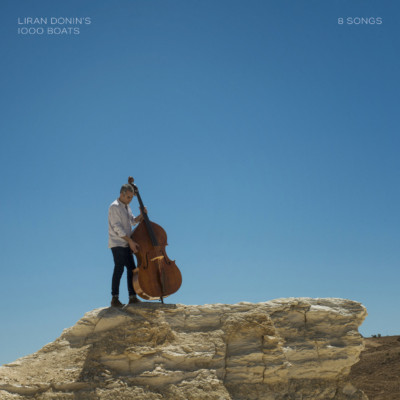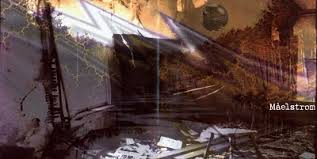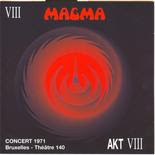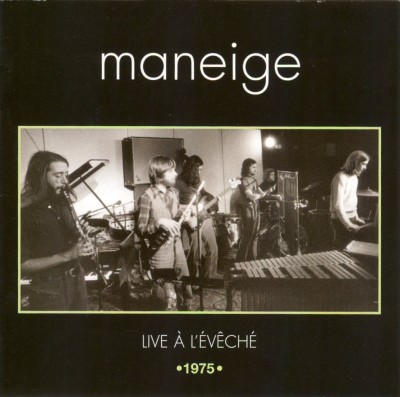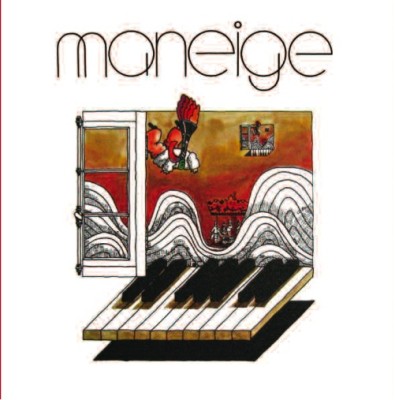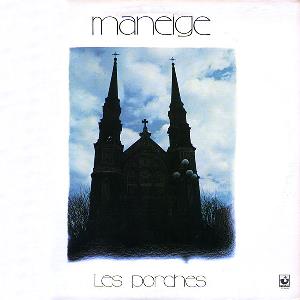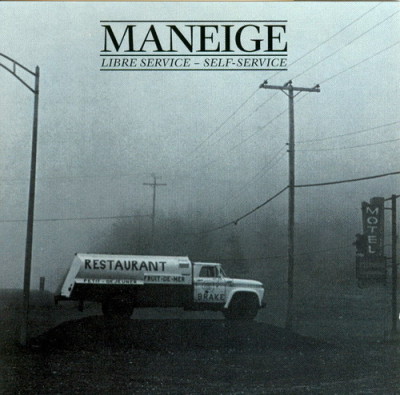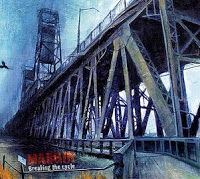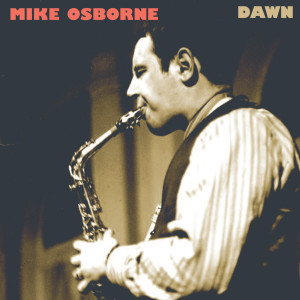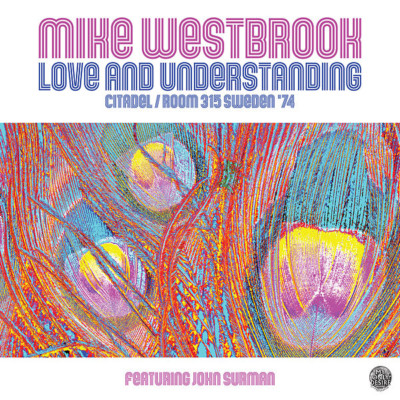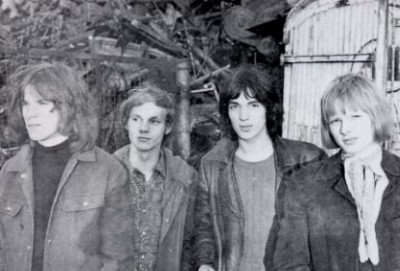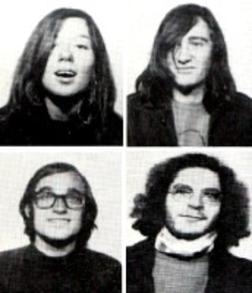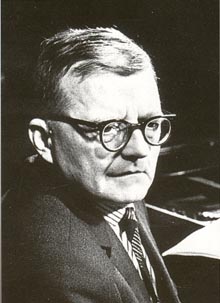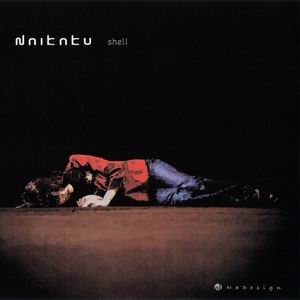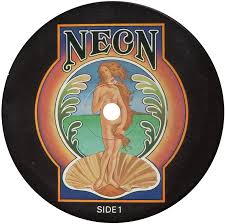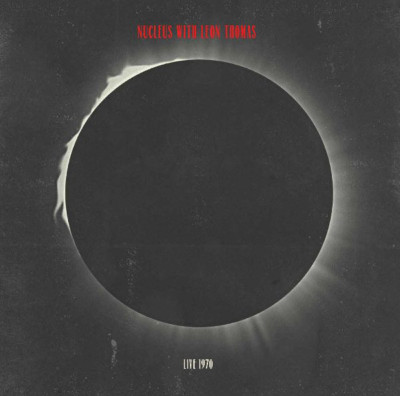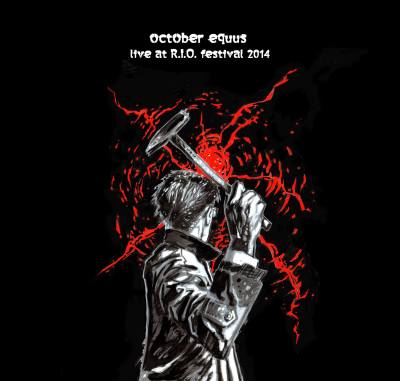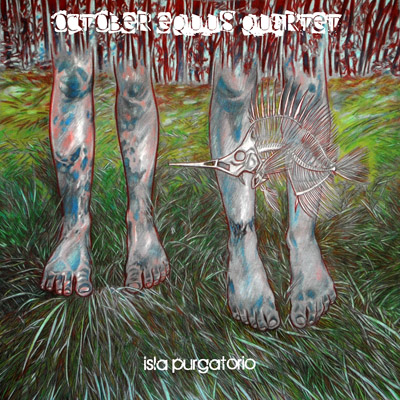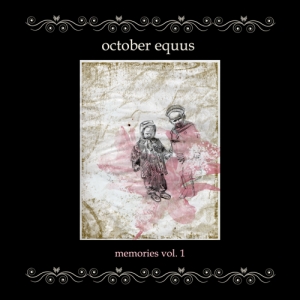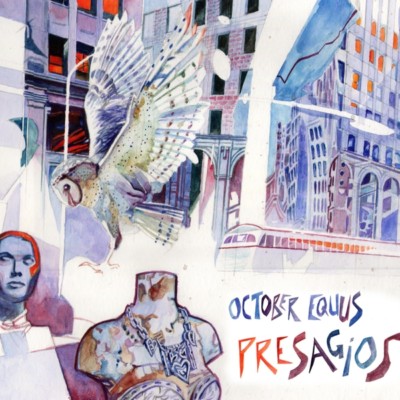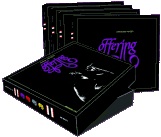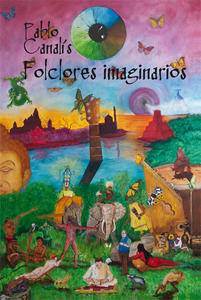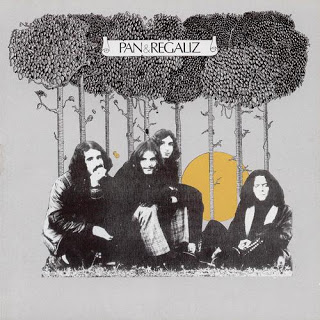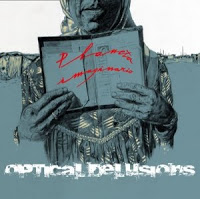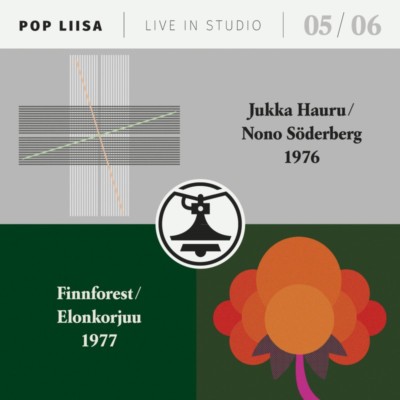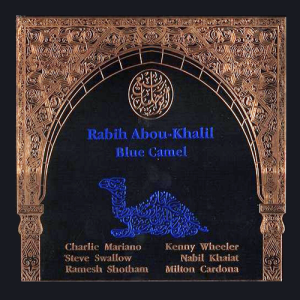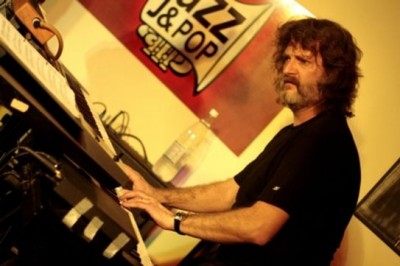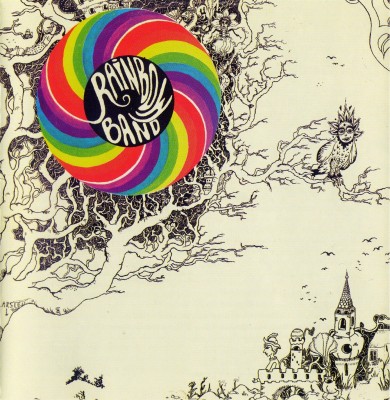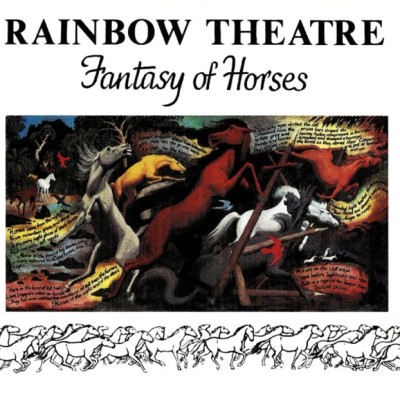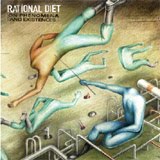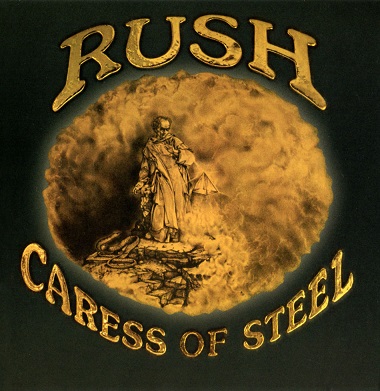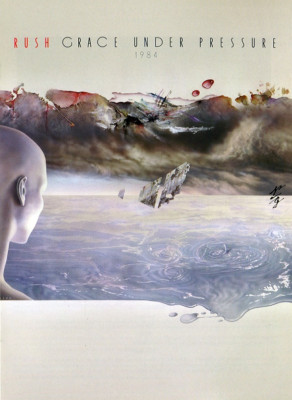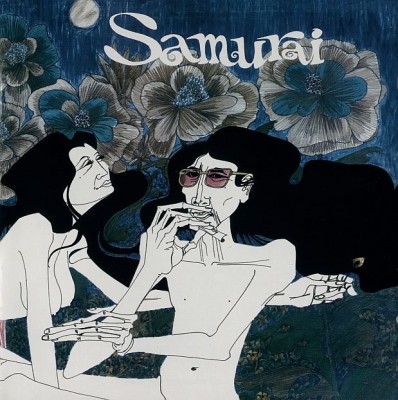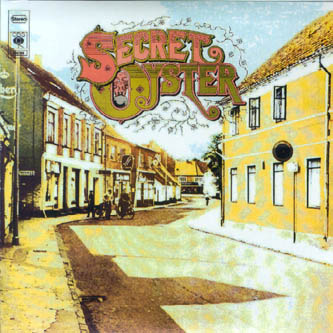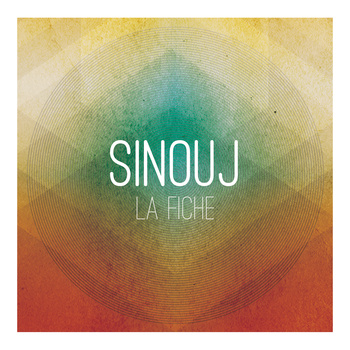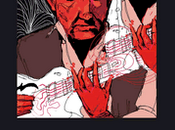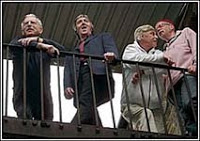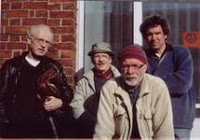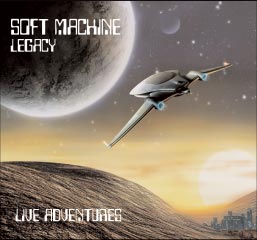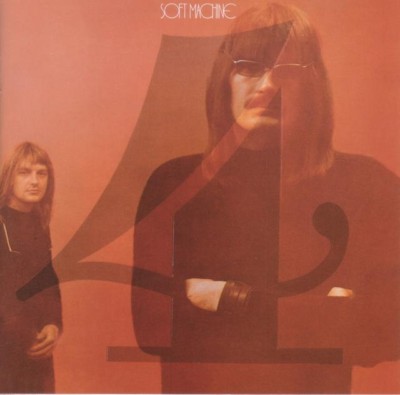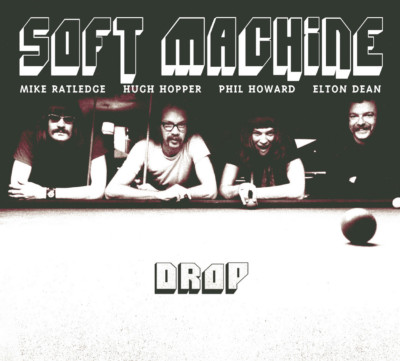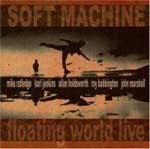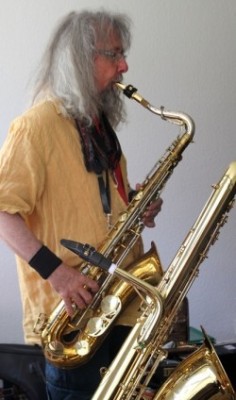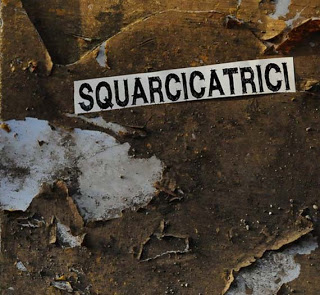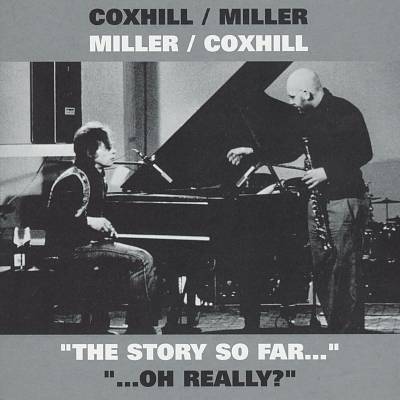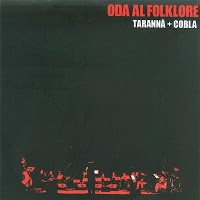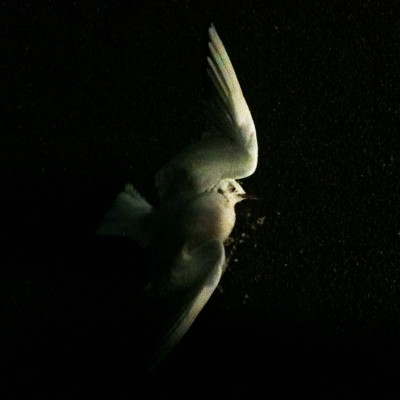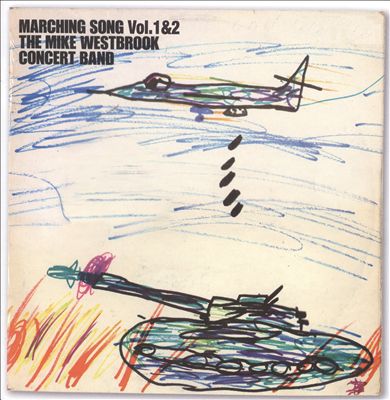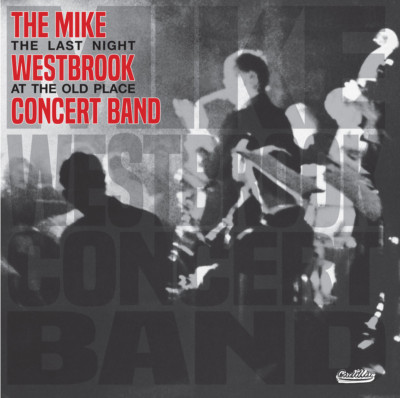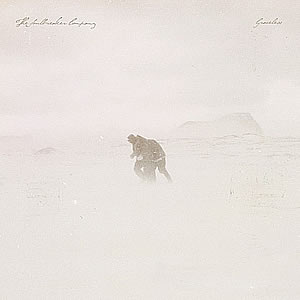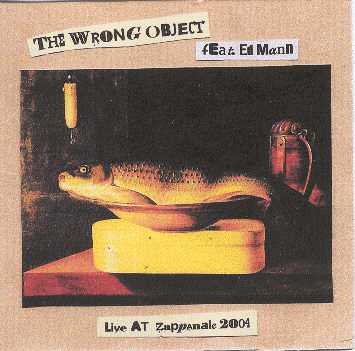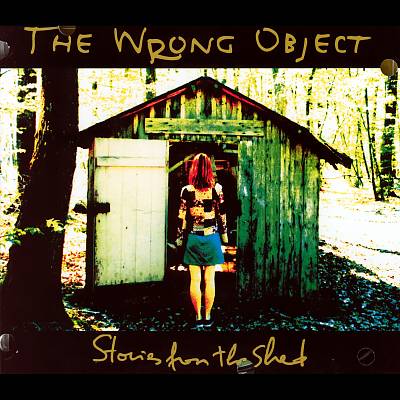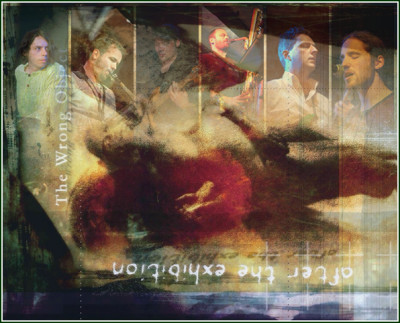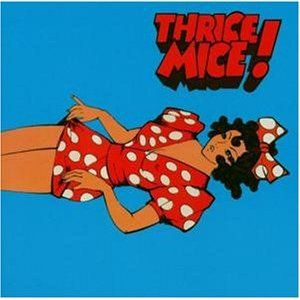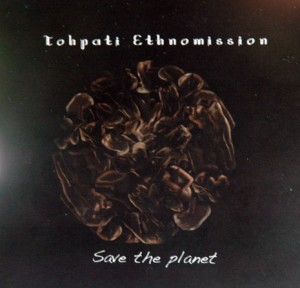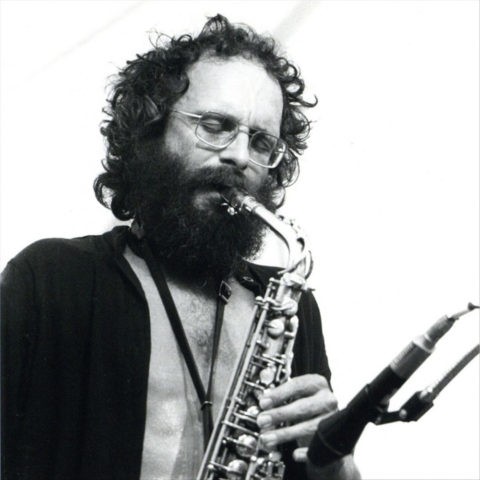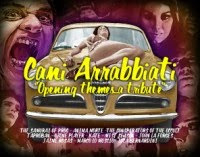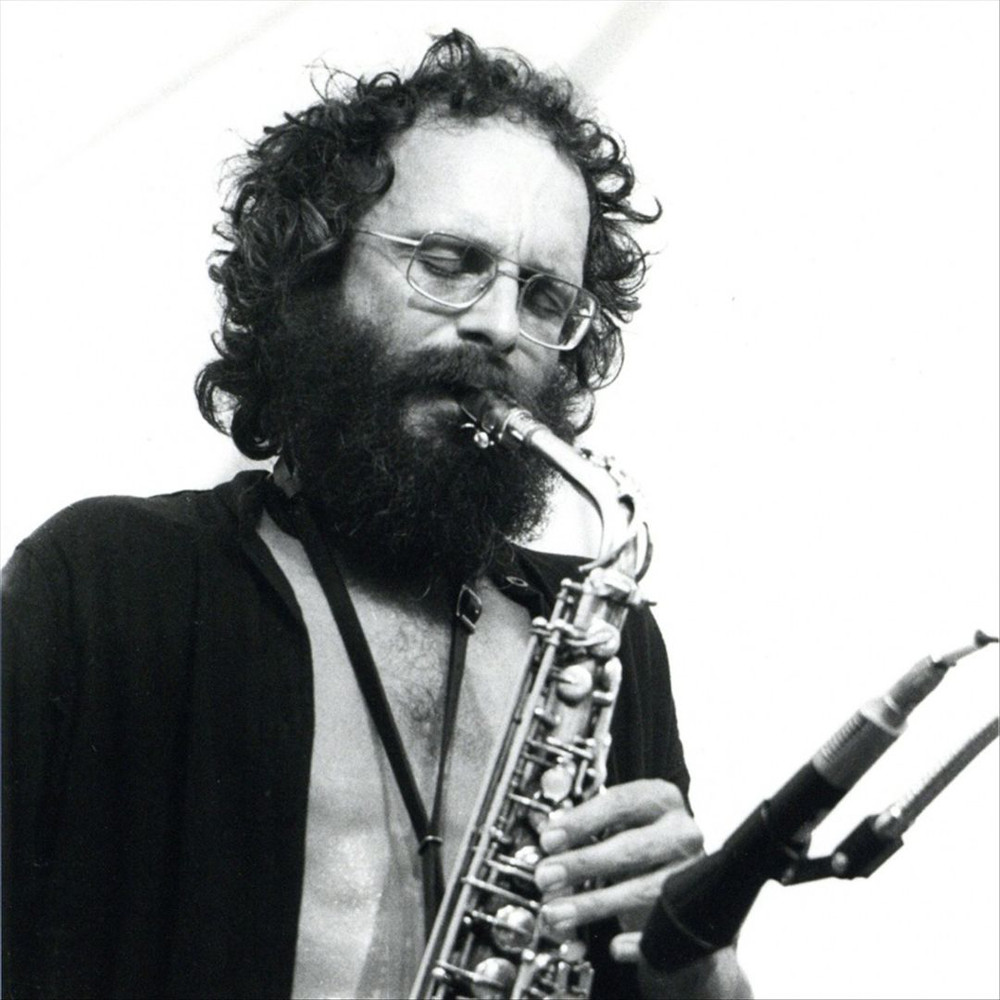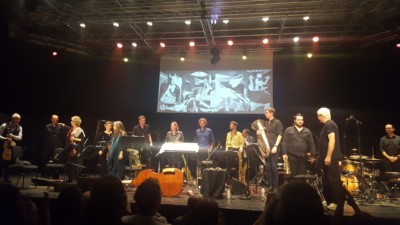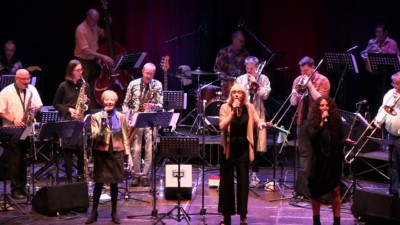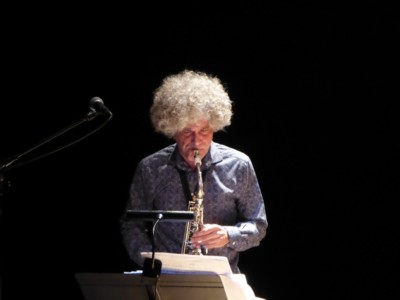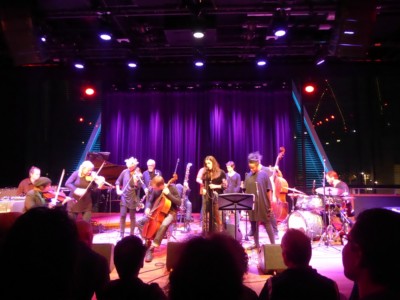Cuando en 2016 Mike Westbrook publicó su álbum “A Bigger Show”, acompañado por su nueva banda, “Uncommon Orchestra”, me quedé francamente sorprendido. No sólo por la calidad de sus composiciones, que es una clara seña de identidad de este pionero del jazz británico, sino también por la fuerza de su interpretación y sus influencias propias del rock y otros géneros, integradas en un concepto que trascendía el concepto de “música Jazz”. Hay que tener en cuenta que muchos músicos de su misma generación se han vuelto cada vez más “clásicos” y conservadores al ir envejeciendo, pero en el caso de Mike, que ahora tiene 82 años, y su esposa Kate, con 78, esto no ha pasado. Y esta es la razón por la que esta maravillosa pareja, a los que he tenido la suerte de conocer personalmente y escuchar en directo en dos ocasiones, me ha vuelto a sorprender gratamente.
“Granite” es el último disco de Kate Westbrook, y es realmente fantástico. Como es habitual, ella se ha encargado de todos los textos, y la música corre a cargo de Mike, aunque en general, ha habido una estrecha colaboración entre los dos en la concepción del álbum. La obra ha sido un encargo de un fan alemán de la música de los Westbrook, Frank Eichler, y se centra en Dartmoor, el mítico paraje situado en Devon, donde se desarrollaba “El Sabueso de los Baskerville” de Sir Arthur Conan Doyle, que en realidad es una meseta de granito (de ahí el nombre del álbum), reconocida como parque nacional. Para su grabación, Kate ha escogido varios músicos de la “Uncommon Orchestra” y ha formado la “Granite Band”, con ella misma a la voz, Mike al piano, Roz Harding a los saxos, Jesse Molins y Matthew North a las guitarras eléctricas, Billie Bottle al bajo y Coach York a la batería.
La estructura del disco es realmente curiosa. Kate, en forma de soliloquio, ha creado un álbum conceptual dividido en tres ciclos que sin ser iguales, van repitiendo tanto letras como estructuras musicales de una forma que me encanta. En sus textos, repletos de metáforas, expresa su amor por Dartmoor, su relación con este paraje cerca de su casa, y la dicotomía entre la presencia permanente del paisaje y la interacción temporal del hombre, sobretodo en las grandes canteras de granito que hay en el parque nacional. La música, basada en su voz y el piano de Mike, se extiende hacía terrenos como el jazz o el rock, encontrando incluso detalles cercanos al Rock in Opposition.
El disco, y el primer ciclo, se abre con “Tracks Of Desire” (4’36). Piano de base, un bajo que nos devuelve al inicio de la década de los ’70 y al jazz británico de la época y la maravillosa y cada vez más grave voz de Kate, cantando una melodía preciosa que escucharemos en varias ocasiones a lo largo del disco. Los paisajes creados por las guitarras y el magnífico solo de saxo no hacen más que mejorar el tema. Le sigue “Year’s Rotation” (1’55), una pieza repetitiva, basada en un riff potente de guitarra y saxo, con Kate cantando sólo un par de frases de forma magistral. “Spread-Eagled” (4’12) comienza de forma inmejorable, muy dramática, para ofrecernos luego una parte instrumental maravillosa, con una sección rítmica al más puro estilo del jazz británico, y un bonito solo de saxo bien acompañado por las guitarras, hasta que la voz y el piano vuelven a quedarse solos, dando paso a “Glacial Food” (1’00), un tema corto muy rítmico que presenta una melodía vocal que también volveremos a escuchar, y a “Helpless, Helpless” (1’43), con un ritmo impresionante de bajo y batería, y un saxo que nos recuerda a Lindsay Cooper, Henry Cow, etc…El drama regresa con “Curlew Cry” (7’01), en la que vuelve a combinarse de forma excepcional las partes lentas de voz y piano, con los momentos instrumentales protagonizados por el resto de la banda. El primer ciclo finaliza con “Architects and Pornographers” (4’48), un pieza rítmica cuya melodía nos traslada al principio del disco, y en la que destacan el solo de bajo de Billie Bottle y el de guitarra de Jesse Molins.
Comienza el segundo ciclo, y todo empieza a resultarnos familiar. En “Sun and Moon” (2’24) escuchamos la melodía inicial, sólo con voz y piano. En “Raw and Creation” (3’12) encontramos el mismo espíritu que en “Year’s Rotation”, pero mejorado, en un tema intenso, con momentos de locura “free”, que crece por segundos con una fuerza enorme, hasta desembocar en “Rain-Soaked Summer” (5’21), en el que los soundscapes de guitarra sustituyen al piano que Mike utilizaba para acompañar a la voz en “Spread-Eagle”. Me encanta el solo de guitarra de Jesse, y el acompañamiento de la sección rítmica. El magnifico bajo del la rítmica “Sun-Warmed Soil” (1’40), el precioso saxo de “Story” (3’04), el estallido RIO de “Wordless,Wordless” (1’11), o la sobriedad de “Bathing Belles and Philosophers” (1’17) recrean de forma diferente el primer ciclo y nos hace introducirnos de forma aún más profunda en el álbum. El segundo ciclo termina con una coda recitada, “Late Autumn” (1’15), con misteriosos efectos sonoros y la guitarra de Matthew North.
La preciosa melodía inicial regresa con el comienzo del tercer ciclo, ahora con más ritmo ,en “My Barricades” (3’38), que añade un buen solo de guitarra de Jesse, hasta llegar a “Salvation” (2’26), potente, intensa, llena de energía, con unos detalles de saxo preciosos. Los momentos lúgubres regresan con “Winter” (2’20), que nos lleva a “Aeons Old” (2’13), con un fantástico diálogo guitarra-saxo, sobre una base rítmica potente y que da paso a “Exile” (2’58), en la que el “drama” vocal está acompañado por un juego de guitarras maravilloso. Con “Quarry Workers and Instrumentalists” (3’09) regresan las influencias rockeras, con un pegadizo riff de saxo y un buen solo de guitarra de Matthew North. De una forma mucho más pausada que en los anteriores ciclos, regresa el ambiente “enfermizo” propio de la música RIO, con la preciosa “Reckless, Reckless” (3’46), que nos lleva hasta el final con “Yearning Bird” (4’15), combinándose el piano de Mike, la voz de Kate y el precioso saxo de Roz Harding. Tras la finalización del tercer ciclo, escuchamos a Kate silbando el clásico de Irving Berlin, “Let’s face The Music”, y el disco llega a su final.
Mike y Kate Westbrook no sólo han demostrado con este disco que la edad no es impedimento para hacer buena música, sino que tampoco lo es para seguir teniendo inquietudes y querer hacer cada vez las cosas mejor. “Granite” se alza como uno de los grandes discos de jazz británico de los últimos años, y lo hace de la mano de una banda intergeneracional que no entiende de estilos, sólo de música magistral.
Francisco Macías
Back in 2016, when Mike Westbrook released his album ‘A Bigger Show’ supported by his new band, ‘Uncommon Orchestra’, I was frankly surprised. Not only for the quality of the compositions, an obvious trademark of this British Jazz pioneer, but also for the power of their performance and the array of influences from rock and other genres, assimilated into an idea that trascends the concept of ‘jazz music’. Something to keep in mind is that a lot of musicians from the same generation have become more and more ‘classical’ and conservative as they grow old, but with Mike, 82 years old now, and his wife Kate, at 78, this has not been the case. That is why this wonderful couple, whom I have been fortunate enough to meet in person and watch them play live on two occasions, has again left me pleasantly surprised.
‘Granite’ is the new Kate Westbrook record and it’s really fantastic. She takes care of the lyrics and Mike provides the music, although the two of them have generally collaborated closely in the album’s inception. The work was commissioned by a German fan of the Westbrooks’ music, Frank Eichler. It centres around Dartmoor, the legendary place in Devon where ‘The Hound of the Baskervilles’ is set, and which is actually a granite moorland (hence the name of the album) with National Park status. For the recording, Kate chose several members of the ‘Uncommon Orchestra’ to form the ‘Granite Band’, including herself on vocals, Mike on piano, Roz Harding on saxes, Jesse Molins and Matthew North on electric guitars, Billie Bottle on bass and Coach York on drums.
The album’s structure is really peculiar. Kate, in the form of a soliloquy, has made a concept album divided into three cycles that, though not identical, reproduce both lyrical and musical forms in a way that I really enjoy. The text, full of metaphors, shows her passion for Dartmoor, her connection with this place near her home and the dichotomy between the permanent presence of the landscape and the temporary interaction with man, especially in the great granite quarries found on the National Park. The music, based on her voice and Mike’s piano, spreads towards the fields of jazz and rock; one can even find small parts close to Rock in Opposition.
The album and the first cycle open with ‘Tracks of Desire’ (4’36). A base of piano, a bass that takes us back to the early 1970s and the British jazz of that era, and the wonderful, ever so deep voice of Kate singing a lovely tune that will be heard several times throughout the record. The guitar-made soundscapes and a magnificent sax solo only make the song better. It is followed by ‘Year’s Rotation’ (1’55), a piece with a repeating pattern built around a powerful guitar-and-sax riff, with Kate masterfully uttering a mere couple of lines. ‘Spread-Eagled’ has a brilliant and very dramatic start that is succeeded by a superb instrumental passage with a rhythm section in the finest British jazz tradition and a nice saxophone solo, well surrounded by the guitars; voice and piano are then left on their own again, giving way to ‘Glacial Food'(1’00), a brief upbeat tune containing a vocal melody that will appear later on, and ‘Helpless, Helpless’ (1’43), with stunning bass and drums and a soprano saxophone reminiscent of Lindsay Cooper, Henry Cow and the like. Drama returns with ‘Curlew Cry’ (7’01), a piece that wonderfully combines once more the slower voice-and-piano parts with instrumental sections led by the rest of the band. The first cycle finishes with ‘Architects and Pornographers’ (4’48), a rhythmical song with a melody that brings us back to the beginning of the album and which also includes two solos by Billie Bottle and Jesse Molins that are worth mentioning.
As the second cycle opens, everything starts to sound familiar. On ‘Sun and Moon’ (2’24) the initial melody can be heard again, played by voice and piano alone. On ‘Raw and Creation’ (3’12) we find the same spirit as in ‘Year’s Rotation’, only improved, made into an intense track with moments of free jazz madness. The piece grows rapidly with huge strenght until it leads into ‘Rain-Soaked Summer’ (5’21), which has guitar soundscapes replacing the piano parts that Mike used to accompany the voice in ‘Spread-Eagled’. I love Jesse’s guitar solo and the backing the rhythm section provides. The excellent bass line on the lively ‘Sun-Warmed Soil’ (1’40), the gorgeous sax on ‘Story’ (3’04), the RIO explosion of ‘Wordless, Wordless’ (1’11) or the austerity of ‘Bathing Belles and Philosophers’ (1’17) recreate the first cycle in various ways and helps us to further deepen our immersion in the album. The second cycle ends with a recited coda, ‘Late Autumn” (1’15), presenting mysterious sound effects and the guitar of Matthew North.
The beautiful opening melody returns, enlivened, at the start of the third cycle, ‘My Barricades’ (3’38). A good guitar solo by Jesse is added, leading into ‘Salvation’ (2’26), a powerful, intense, energetic tune with some lovely saxophone motifs. The gloomy moments come back with ‘Winter’ (2’20), which takes us to ‘Aeons Old’ (2’13) and its fantastic guitar-sax dialogue over a mighty rhythm section, followed by ‘Exile’ (2’58’), where the vocal ‘drama’ is accompanied by marvelous guitar arrangements. Rock elements reappear on ‘Quarry Workers and Instrumentalists’ (3’09), with a catchy sax riff and another good guitar solo by Matthew North. The ‘perverse’ atmosphere distinctive of RIO can be heard again, although in a calmer fashion, on ‘Reckless, Reckless’ (3’46). This takes us to the finale on ‘Yearning Bird’ (4’15), combining Mike’s piano, Kate’s voice and Roz Harding’s beautiful saxophone play. Once the third cycle has reached its conclusion, we can hear Kate whistling Irving Berlin’s classic ‘Let’s Face the Music’ and the album comes to an end.
Mike and Kate Westbrook prove with this work that not only is age not a factor when it comes to creating good music, but that it is also not a barrier to keep being artistically curious and passionate for things done better each time. ‘Granite’ stands out as one of the greatest British jazz records in recent years and it does so by means of a cross-generational band that knows nothing about musical styles, just outstanding music.
Translation: Juanfran Andrade

